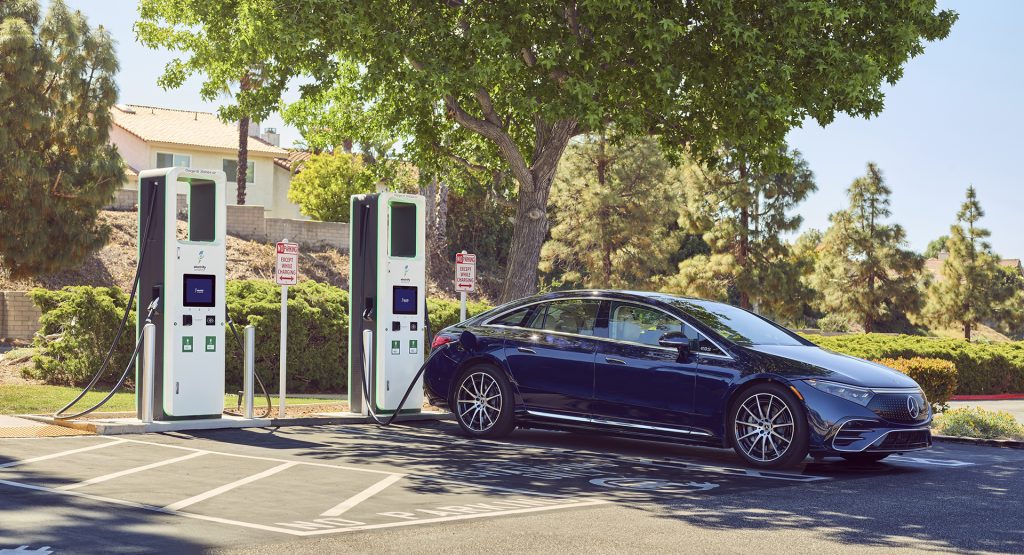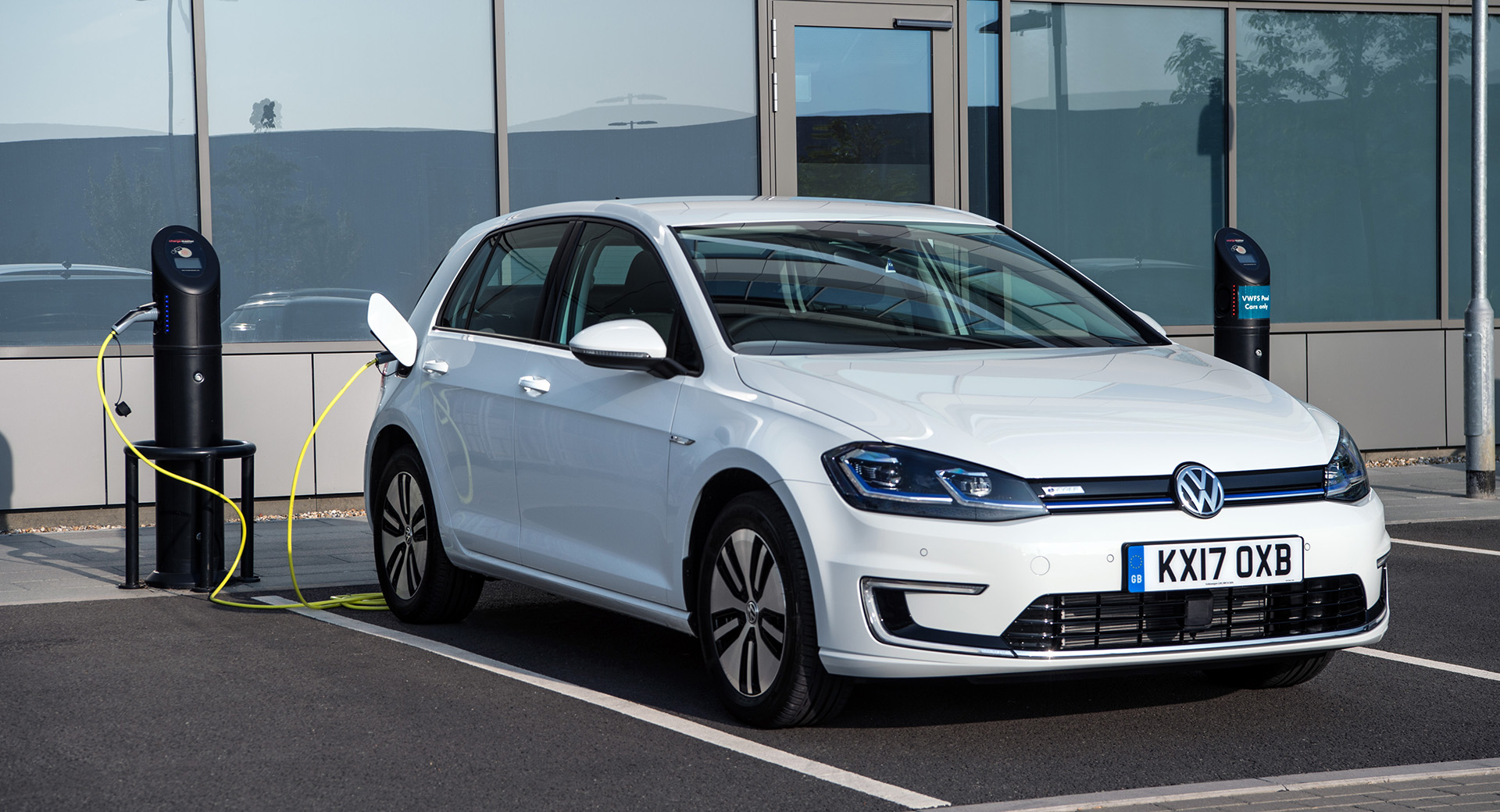Germany is moving up the timeline for hybrid and electric vehicle subsidies to go the way of the Dodo, catching the ire of some automotive industry professionals.
According to Automotive News Europe, Germany’s economy ministry wants to end subsidies for plug-in hybrid vehicles by the end of 2022, as well as cut cash bonuses for electric vehicles by 33 percent starting in 2023.
The new plan would see the current incentive of €4,500 ($4,863) for PHEVs eliminated, while subsidies for pure electric vehicles would drop from €6,000 ($6,485) to €4,000 ($4,323) starting next year, dropping again to €3,000 ($3,242) in 2024 and 2025.
The change comes as Germany attempts to shift subsidies toward climate protection. Germany had already planned to scrap subsidies for the vehicles, but the accelerated timeline was met with pushback from automotive industry professionals.
Read More: California Proposal Unveils Timeline To Phase Out New Gasoline Car Sales By 2035
Head of VDA automaking lobby, Hildegard Mueller, said in a statement that “Plug-in hybrids serve as trailblazers for the transition to electric mobility,” adding that removing the subsidies would “endanger the ramp-up of electric mobility and ignore the realities of consumers in Germany.”
“In our opinion, plug-in hybrids are marketable and no longer need public funding,” Greens party member and Economy Minister Robert Habeck told the Funke media group. “We want to sharpen the focus of our support for e-cars and focus more on climate protection.”
“We have to make a transition to these vehicles as attractive as possible and subsidize them accordingly,” said Bernd Reuther, transport policy spokesperson for the Free Democrat Party, to the Rheinische Post newspaper. He also added that the ruling coalition shouldn’t deviate from its original plan, as plug-in hybrid vehicles contribute to achieving attainable climate goals.
The subsidies are also tied to the vehicle’s time of delivery in Germany, meaning that the amount of money that customers save could be less depending on how long it takes for their car to arrive. Amid global supply-chain shortages and production delays, people could miss out on incentives altogether.




